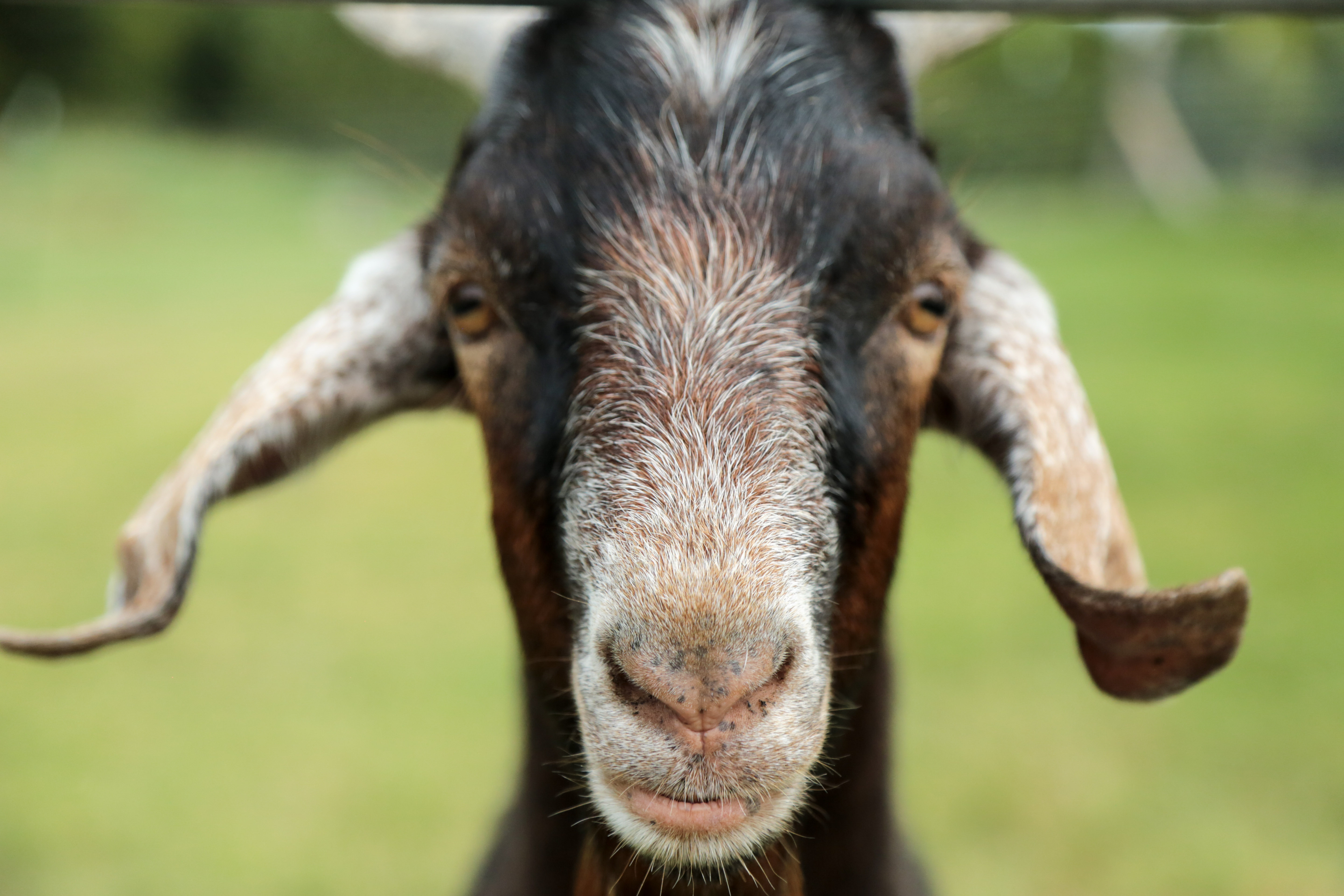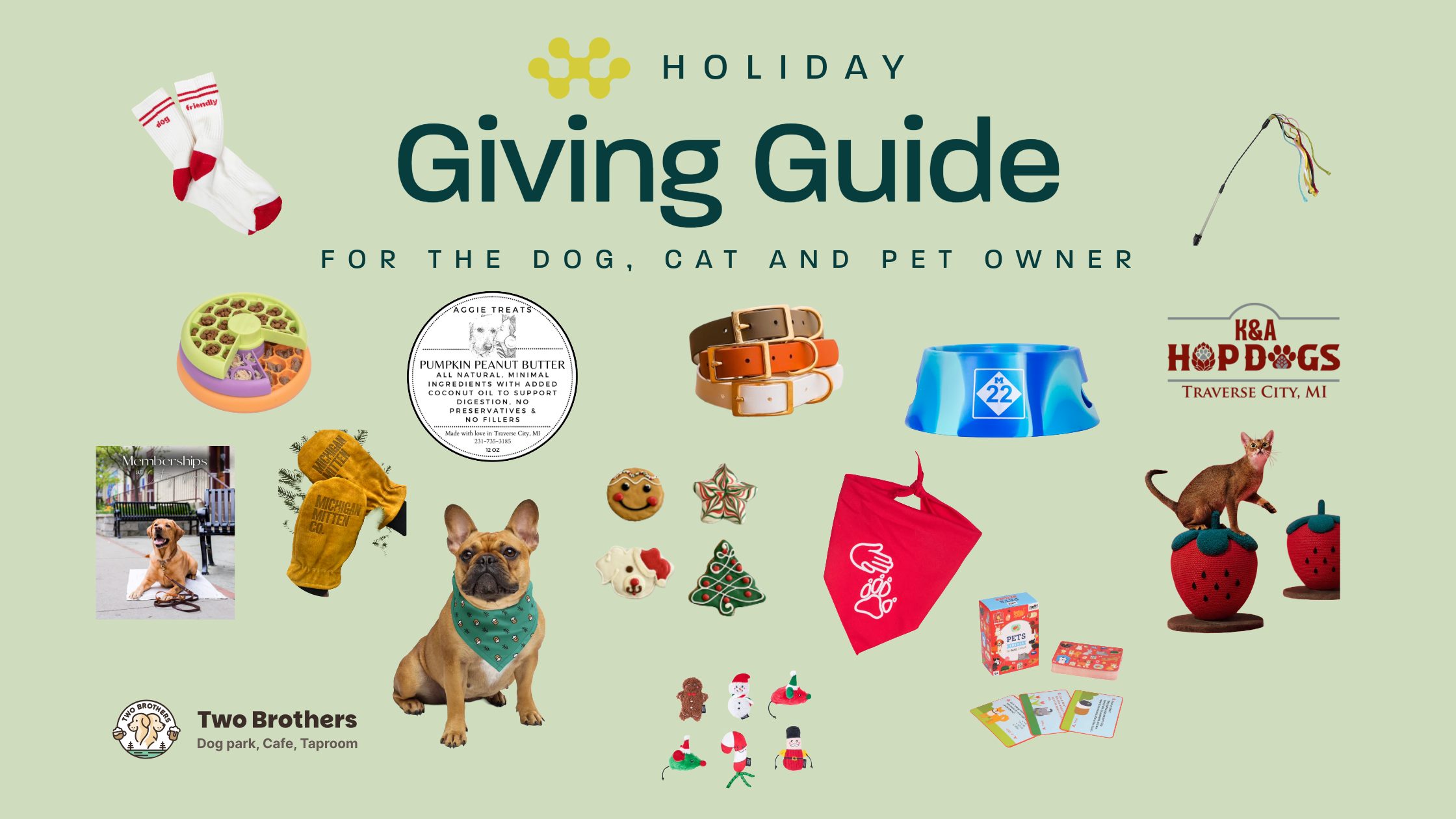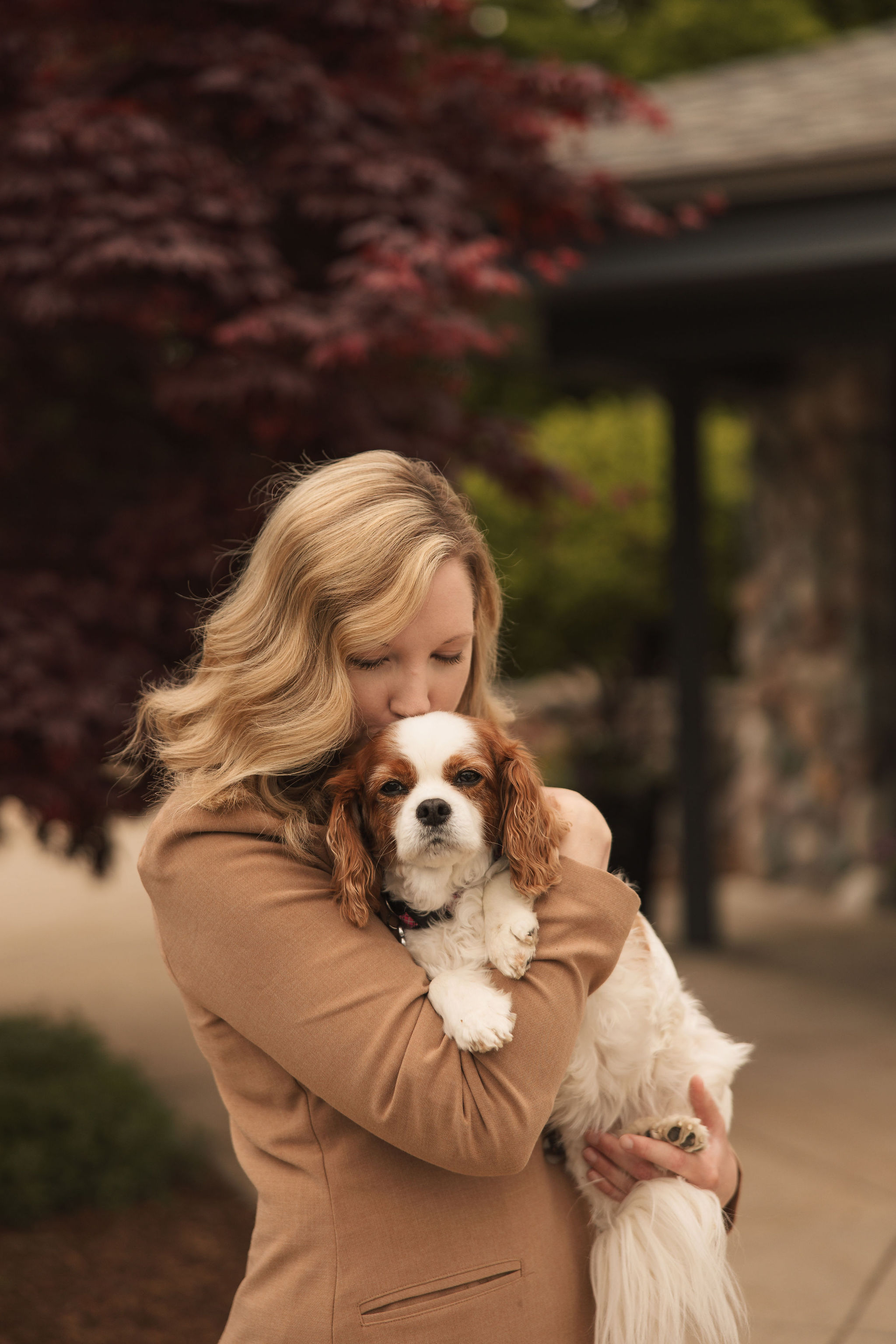The Importance of Fall Farm Visits for Small Ruminants

As summer gives way to crisp mornings and shorter days, it’s time to think ahead to winter care for your sheep and goats. Fall isn’t just a season of colorful leaves and cooler weather—it’s also a crucial time for herd health management. Scheduling a farm visit during the fall months helps identify and address issues before winter conditions make them more difficult to manage. Whether you’re raising a small hobby herd or a larger flock, preventive veterinary care now can make all the difference in the months ahead.
Why Fall Farm Visits Matter
1. Parasite Management
Parasites are one of the biggest health challenges for sheep and goats. After a long grazing season, animals often carry heavy parasite loads that, if left unchecked, can lead to weight loss, anemia, and reduced productivity. Fall is the perfect time for your veterinarian to perform fecal testing, evaluate parasite resistance, and create a targeted deworming plan. This reduces the “carryover” of parasites into winter, helping animals maintain condition when feed resources are already under pressure.
2. Body Condition Scoring & Nutrition
Going into winter with the right body condition is critical for small ruminants. Animals that are underweight will have a harder time handling cold stress and may not have the reserves needed for late gestation or lactation. On the other hand, overweight animals are more prone to metabolic diseases like pregnancy toxemia. A fall farm visit includes body condition scoring and nutrition discussions to ensure your herd is on the right track. Adjustments to hay quality, grain supplementation, or mineral access can be made before the cold sets in.
3. Hoof Health & Mobility
Wet fall pastures and muddy conditions often lead to hoof overgrowth and infections. Going into winter with sore or misshapen feet makes it difficult for animals to move, eat, and thrive. During a fall visit, hooves can be evaluated and trimmed, and any signs of hoof rot or lameness can be treated. Proper hoof care now means fewer problems when animals are confined more closely during winter.
4. Breeding & Reproduction Planning
For many farms, fall is breeding season. Bucks and rams should be examined for soundness—checking body condition, hooves, and reproductive health. Does and ewes benefit from pre-breeding evaluations, and early pregnancy detection later in the fall can help you make management decisions. Your veterinarian can also help design a breeding calendar, discuss nutritional needs during gestation, and make sure your herd is set up for a successful lambing or kidding season in the spring.
5. Vaccinations & Preventive Care
Vaccinations remain one of the best ways to protect your herd from preventable diseases. Fall visits are a great opportunity to review your vaccination program and make sure animals are up to date on core vaccines such as CDT (Clostridium perfringens types C & D and tetanus). Depending on your farm’s history, environment, and management practices, your veterinarian may recommend additional vaccines. Preventive care now helps minimize the risk of emergencies later.
6. General Herd & Facility Assessment
A fall visit isn’t just about the animals—it’s also about the environment they live in. Your veterinarian can evaluate housing for adequate ventilation, check for areas prone to drafts, and advise on bedding strategies to reduce respiratory illness. Feed and hay storage can also be reviewed to prevent mold contamination and nutrient loss. Even fencing and pasture setups may be discussed to reduce injury risk and predator exposure during the winter months.
Be Proactive, Not Reactive
While urgent care is always there when emergencies arise, many health issues in small ruminants can be prevented with thoughtful, seasonal care. Investing in a fall farm call is not only cost-effective—it’s also a way to ensure your herd enters winter in the best possible health. By catching problems early, you avoid the stress of mid-winter emergencies when conditions are harsh and treatment options can be more limited.
Schedule Your Fall Farm Visit
Whether you’re managing a flock of sheep, a herd of goats, or both, proactive veterinary care is the key to a healthier, more productive winter season. Contact our team today to schedule your fall farm visit with Dr. Curtis—we’ll partner with you to make sure your animals are well-prepared for the months ahead.


